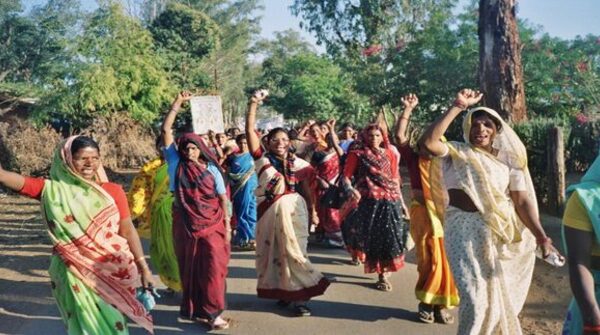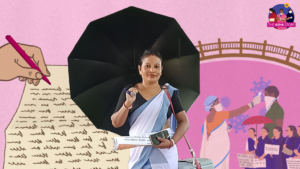Usha Sahu, 45, a Mitanin trainer from Bemetara district in central Chhattisgarh was in for a shock when she checked her bank account in October. The bank had deducted Rs 2000 from the 4,000 rupees that she received as a special incentive for the Covid-19 duties for the months of April to September, 2021.
“When the other Mitanins in the block started complaining about the deduction, I checked my account balance. I found that they had deducted the same amount from my account too,” she said.
Mitanin, (female friend in the Chhattisgarhi language), as Accredited Social Health Activists (ASHA) of Chhattisgarh are known, are women community healthcare workers, who have been at the frontlines of the country’s response to the Covid-19 pandemic. The government of India announced a special Covid-19 incentive of Rs 1000 per month, or Rs 33 a day, between January to June 2020 under the Covid Emergency Response and Health Systems Preparedness Package. The period of incentives was later extended to September 2021.
In Chhattisgarh, the Mitanins that Behanbox spoke to, have either not received any payment or have received partially payments since January 2020. Worse, in districts where the Mitanins have received some money, the state has been recovering part of the payments made to them.
“ For those months of work, we should have received Rs 6,000 and not Rs. 4000. Forget paying the entire amount, they even took away the partial incentive in two instalments of 2,000 rupees each,” Sahu told Behanbox.
ASHAs, a cadre of over one million women community healthcare workers across India have been responsible for contact tracing, carrying out door-to-door awareness campaigns, disease surveillance, data reporting, monitoring quarantine centers, facilitating access to treatment and Covid vaccinations, in addition to their routine tasks.








